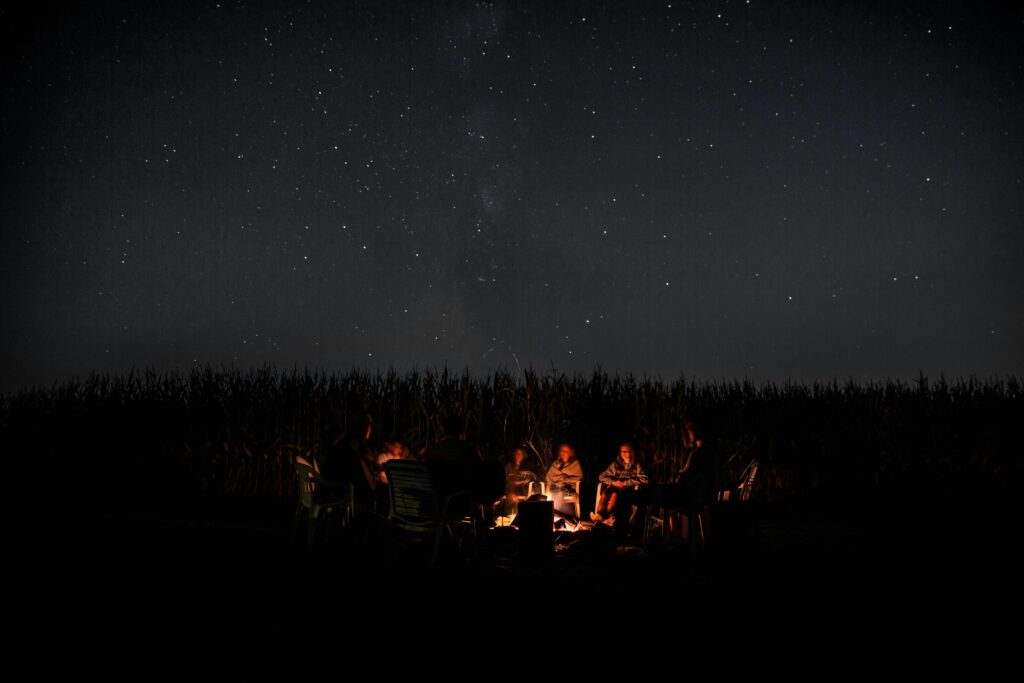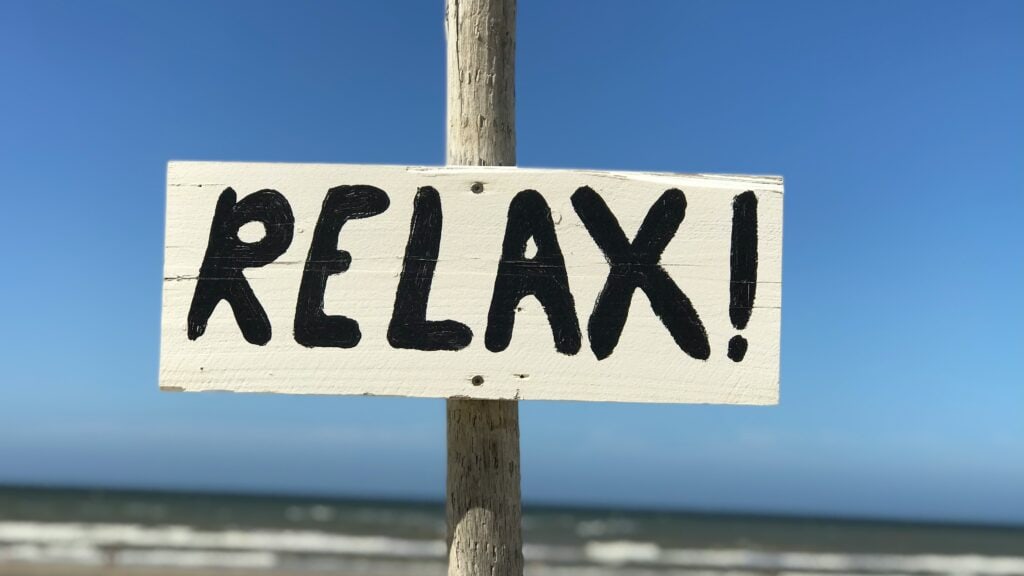
After two years of community quarantines and shelter-in-place orders, summer camps are back in full swing for children around the country. And just in time too, because many kids are looking forward to experiencing fun activities they previously missed. As natural explorers, children shouldn’t be expected to sit still in a room and behave like tamed, mindful adults. Rather, they should be allowed to learn new skills and pursue passion projects, maybe even away from their computer screens. Summer camps are the perfect place to do this, under the guidance of veteran camp mentors.
Indeed, staff members and counselors have to be credited for positive camp experiences. Camp counselors’ skill development is crucial, as they have to be good at communication, creative problem-solving, and leadership to deal with campers and parents, as well as any emergencies that may come their way. One surprising but valuable quality that would be good for camp counselors to have is a love of history.
Most summer camps are deeply rooted in history and tradition, where generations of campers expect to sing the same songs, do the same activities, or explore the same areas as older family members did. This is also why it’s important for as many kids to attend camp as safely as possible, as part of their personal history and their wider cultural memory. Here are three reasons why a love for history is helpful for summer camp counselors:
You’d have a culturally-aware perspective on things
You can expect plenty of diversity in modern summer camps. There are around 12,000 day and resident camps in the US alone that attract more than 11 million children and adult attendees each year. Summer camps allow campers to meet with unfamiliar people of different backgrounds, colors, locations, and walks of life. In fact, there is even a trend where 20% of counselors come from countries outside the US to intentionally expose campers to diverse cultures. Beyond meeting people from various races and ethnicities, most camps accept diverse capabilities as well, with 47% of summer camps offering programs for young people with disabilities.
As such, it’s up to the counseling staff to model inclusive and respectful behavior in young people. Those who love history often have a deeper understanding of cultural and historical contexts than most. This gives them the ability to cultivate an empathetic, culturally aware perspective and see things from others’ point-of-view.
Your specialized knowledge can inspire camp activities
Most modern camps feature a unique, specialized theme their campers can learn about, such as the ancient world, outer space, archaeology, and exploration. With a focus on these concepts, a camp mentor with a strong background in history can better plan fun and educational camp activities, as their knowledge acquired in social and cultural histories would be helpful.
Often, being educated in history also lets counselors deep dive into relevant topics like the history of science and medicine, which could work well within your summer camp theme. Additionally, familiarity with historical tidbits or facts can be very helpful when fielding questions from younger campers. By using what they know of history, camp counselors can exercise their creativity to enrich the camping experience — even on ‘unexciting’ rainy days.
You would have strong storytelling skills

The importance of storytelling cannot be undervalued. As author and screenwriter Claudia Rinke writes, humans are wired for stories. Brain scans show that reading or hearing stories activates parts of our cortex involved in social and emotional processing. Storytelling is our way of sharing information in an empathetic way, especially in a world that is increasingly difficult to make sense of in simple terms.
And what is history, if not a compilation of stories from the past intended to guide us in the future? Camp mentors who have a passion for history and are trained in it likely have great storytelling and listening skills. They can impart knowledge about the camp, the history of the land, and any myths or legends surrounding it. This would allow campers to learn from someone else’s experience and form their own beliefs or morals. Plus, a summer camp session won’t be complete without sharing stories around a fire.
Written by Erma Abbott for ultracamp.com
Bio: Erma Abbott is a freelance writer and a mother of two. When she’s not in the middle of preparing her next piece, you can find Erma playing tag with her children in their backyard garden.




